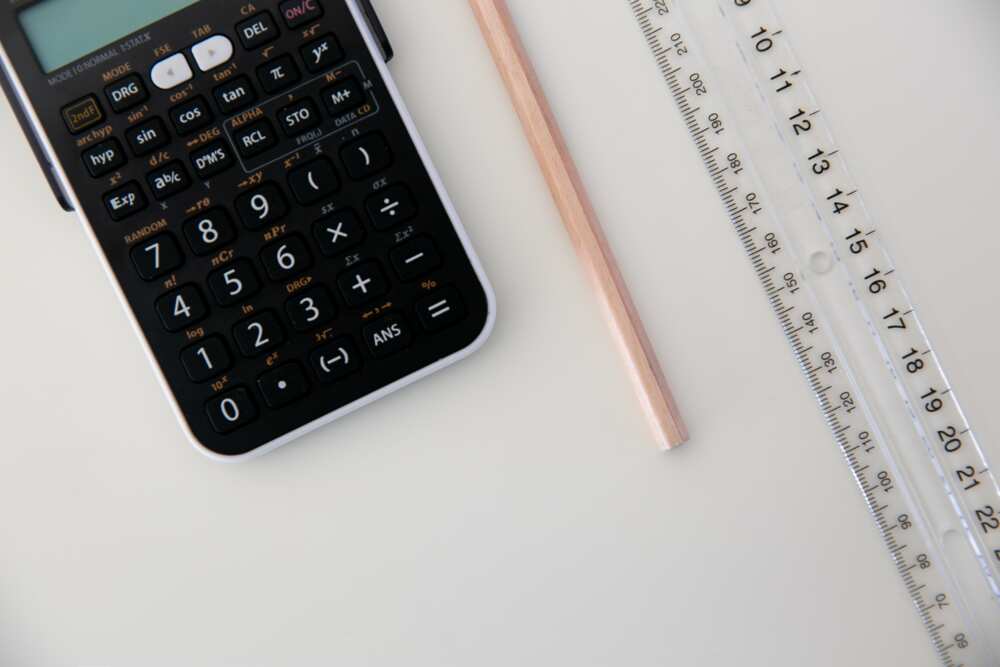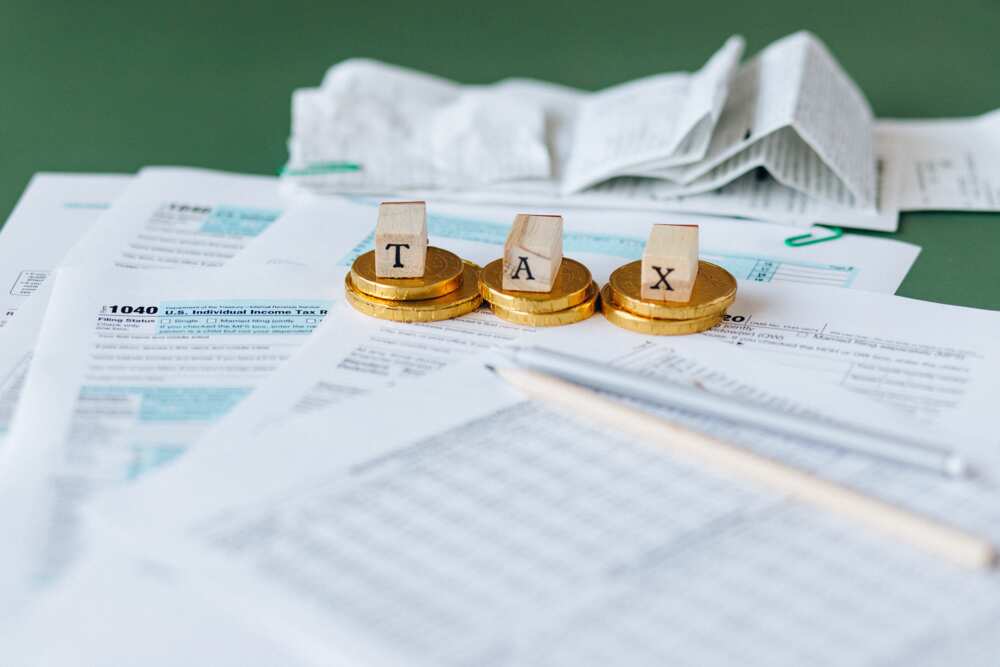How to calculate VAT in Nigeria? A complete, helpful guide
Value Added Tax (VAT) is also known as goods and services tax in some countries. It is a tax levied on the price of a product or service at each stage of production. The percentage of VAT charged varies from country to country. If you want to learn how to calculate VAT in Nigeria, this article will help you out.

Source: UGC
Not many people know how to calculate VAT in Nigeria. As of today, VAT is regulated by the Federal Inland Revenue Service (FIRS). This tax is charged on most services and goods in the country, including imported goods.
How to calculate VAT in Nigeria
VAT in Nigeria was introduced by a decree of 102 in 1993. It was implemented in 1994 and replaced other forms of tax, including the law for sales tax of 1986.
Today, VAT is the fastest-growing tax revenue head in the country. Read on to learn how to calculate VAT in Nigeria in 2023.

Read also
FG may suspend VAT on diesel as Tinubu unveils 38-man committee for Tax Reform, list smerges
VAT rate in Nigeria
The current VAT rate in Nigeria is 7.5%. In 1998, a VAT rate of 5% was implemented. The 2019 Finance Act increased it to 7.5%. The new rate was effected on 1st February 2020.
How to calculate 7.5% VAT in Nigeria
VAT is borne by the final consumer of goods and services because it is included in the price paid. In Nigeria, sellers are required to include the tax separately in an invoice.
The tax collected is normally paid to the government. FIRS is the government agency responsible for the assessment, collection, accounting, and enforcement of taxes accrued to the government.
In the country, all taxable persons must register for tax and obtain a Tax Identification Number (TIN) upon commencement of business. Only businesses with an annual turnover of ₦25 million or more are required to collect, pay, and file VAT returns.

Read also
"We are going to try": Tinubu, Okonjo-Iweala brainstorm solutions as N700 per litre petrol price looms
If you want to learn how to calculate the VAT-inclusive price in Nigeria, follow the steps below.
- Take the tax-exclusive price of a product and multiply it by 7.5%.
- Add the result you get in the first step to the tax-exclusive price to get the final cost.

Source: UGC
How to calculate the VAT-exclusive price in Nigeria
You can calculate the VAT-exclusive price of a product or service if you know its retail price using the steps below.
- Take the tax-inclusive or final price of a product and multiply it by 7.5%.
- The result you get is the VAT amount. To get the VAT-exclusive price, subtract the result you got in the first step from the tax-inclusive or final price.
VAT calculation example
Let us use the example of a bag of cement with a retail price of ₦50,000 at the nearest hardware store.
- The VAT levied on this product is (7.5 ÷ 100) × 50,000
- Therefore, the VAT amount is ₦3,750
- The VAT-exclusive price for the bag of cement will be ₦50,000 - ₦3,750, making it ₦46,250
NB: If you feel that the math involved is a challenge to you, you can make life easier using an online VAT calculator. Ensure the calculator you pick is customised to Nigeria because multiple options, including those with rates for other countries, are available on the Internet.
Goods and services that are charged VAT in Nigeria
All citizens and residents of Nigeria must pay VAT on all goods manufactured or assembled in or imported into Nigeria and all services rendered by any person in Nigeria except those specifically exempted under the law.
Goods and services exempted from VAT under the VAT Act in Nigeria
It is important to note that some goods and services are exempted from VAT in the country. Below is a list of goods and services FIRS does not charge this tax.
- Medical services
- Services offered by community banks
- People's banks and mortgage institutions
- Plays and performances conducted by educational institutions as part of learning
- All exported services

Source: UGC
How much is VAT in Nigeria?
The current VAT rate is 7.5% on all goods and services that are not VAT-exempt.
Are the services of a motor mechanic VATable?
Yes, services provided by mechanics are VATable. The tax also applies to the motor spare parts used for the services.
How do you calculate VAT and WHT in Nigeria?
If you have been wondering how to calculate VAT and WHT in Nigeria, the VAT amount is calculated by getting 7.5% of the VAT-inclusive price of a product or service. On the other hand, WHT or Withholding Tax is usually a certain percentage of specific types of payment.
Learning how to calculate VAT in Nigeria is pretty easy and does not require an overly complex formula. The prevailing VAT rate in the country is 7.5%.
Legit.ng recently published information about citizenship education. Citizenship education and participation is based on the protection of individual and collective rights of people.
It ensures the realisation of the obligations of each citizen. Citizenship education comprises civil positions, civil knowledge, and civic skills.
Source: Legit.ng


